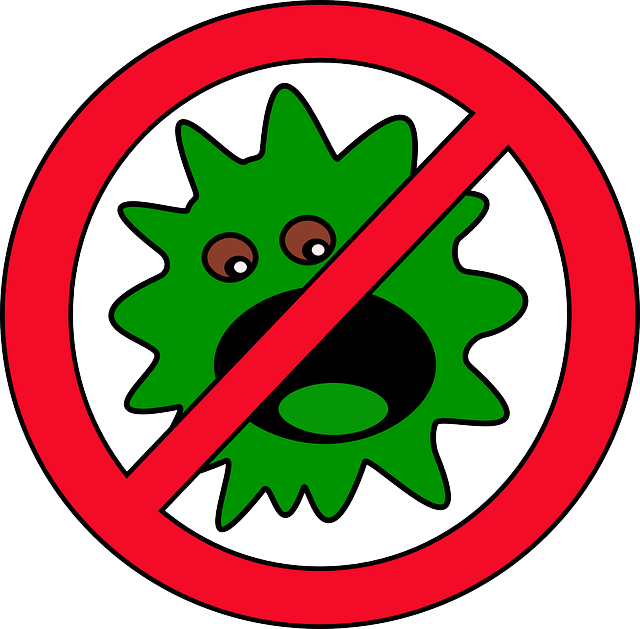
Contents
What are the economic costs associated with parasitic infections in these regions?
to Improve Health
Parasitic infections are an increasing public health problem in many developing countries, where they can lead to long-term health complications and even death. These infections can be caused by various types of parasites, such as helminths and protozoa, mostly transmitted through contact with contaminated water and food. In developing countries, inadequate access to clean water and sanitation, as well as poor health infrastructure and practices, increase the risk for these infections.
Common Types of Parasitic Infections
The most common types of parasitic infections in developing countries include roundworms, schistosomiasis, and malaria. Roundworms, also called helminths, are a type of parasitic worm. These parasites are mainly transmitted through contact with contaminated soil and are one of the leading causes of disability among children worldwide. Schistosomiasis is a type of parasitic flatworm found in fresh water, usually in areas with poor sanitation. This parasite can be spread through contact with contaminated water or skin contact. Malaria is caused by a protozoan parasite and is spread through the bite of infected mosquitoes.
Causes of Parasitic Infections
Inadequate access to clean water, poor sanitation, and limited healthcare resources are the main causes of parasitic infections in developing countries. For example, in many areas of the world, families do not have access to clean water for drinking, bathing, and sanitation. Without regular access to clean water, people are much more likely to come into contact with parasites. Poor sanitation is another major factor, as many developing countries don’t have access to hygienic toilets and methods of waste disposal. This makes it easier for parasites to spread from person to person, as well as from animals to humans.
Solutions to Improve Health
A major factor in reducing the prevalence of parasitic infections in developing countries is improved access to clean water, sanitation, and healthcare resources. Ensuring regular access to clean water and proper sanitation is essential for preventing the spread of parasites. Governments should also invest in improving healthcare infrastructure, such as hiring and training healthcare practitioners, providing basic medical supplies, and setting up medical facilities in rural areas.
Conclusion
Parasitic infections remain a major health issue in many developing countries, with the potential to cause long-term health complications and even death. In order to reduce the prevalence of these infections, governments and other organizations should focus on improving access to clean water, sanitation, and healthcare resources. By doing so, it will be possible to drastically reduce the number of cases of parasitic infections and improve the health of individuals and communities.
